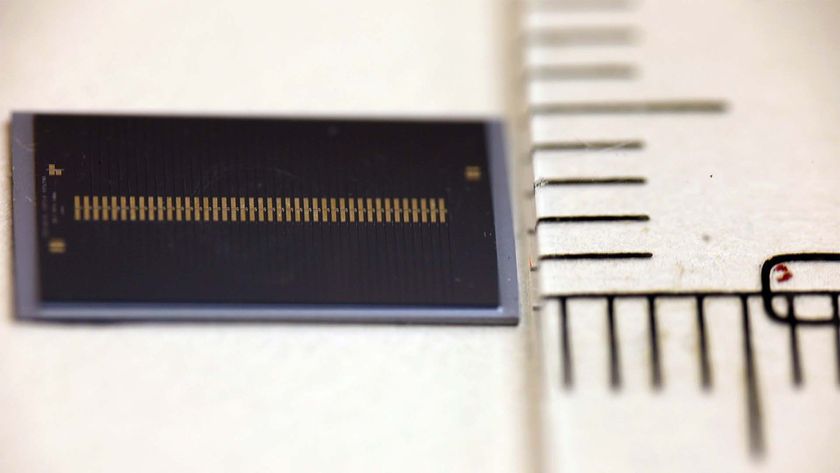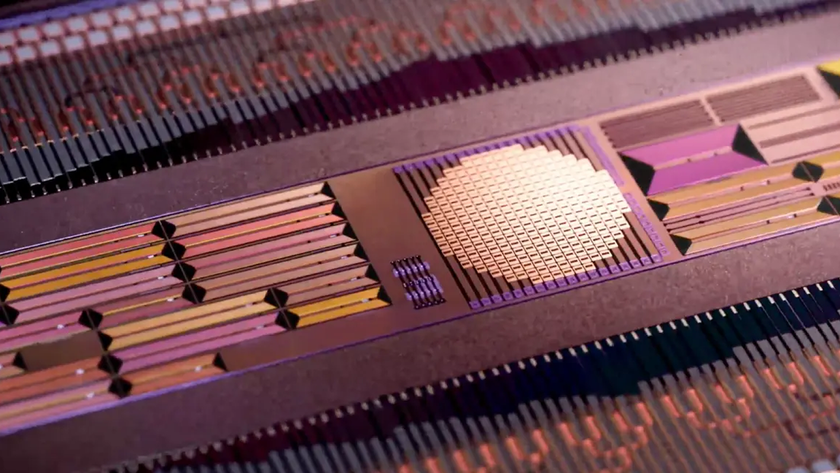
A new Stanford University survey confirms what many iPhone users may have long suspected: Apple's smartphone can be addicting.
The survey was administered to 200 students with iPhones, 70 percent of whom had owned their iPhones for less than a year.
The most interesting trend was how quickly the iPhone became an indispensable part of the students' lifestyles, and how many of them openly acknowledged they would be lost without it.
Nearly 85 percent of the iPhone owners used the phone as their watch, and 89 percent used it as their alarm clock. In fact, 75 percent admitted to falling asleep with the iPhone in bed with them, and 69 percent said they were more likely to forget their wallet than their iPhone when leaving in the morning.
Many students readily acknowledge how much they rely on their iPhones. When asked to rank their dependence on the iPhone on a scale of one to five – five being addicted and one being not at all addicted – 10 percent of the students acknowledged full addiction to the device, 34 percent ranked themselves as a four on the scale, and only 6 percent said they weren't addicted at all.
And among those who didn't consider themselves completely addicted, 32 percent expressed worry that they would become addicted someday.
Furthermore, 15 percent of those surveyed said the iPhone was turning them into a media addict; 30 percent called it a "doorway into the world"; 25 percent found the phone "dangerously alluring" and 41 percent said losing their iPhone would be "a tragedy."
Sign up for the Live Science daily newsletter now
Get the world’s most fascinating discoveries delivered straight to your inbox.
An extension of their bodies
Professor Tanya Luhrmann, the Stanford anthropology professor who oversaw the survey, told the San Jose Mercury News, "One of the most striking things we saw in the interviews was just how identified people were with their iPhone. It was not so much with the object itself, but it had so much personal information that it became a kind of extension of the mind and a means to have a social life. It just kind of captured part of their identity."
Part of that identity isn't just being seen as an iPhone owner, but actually perceiving the iPhone as a part of their selves. Nearly a quarter of those surveyed reported that the iPhone felt like an extension of their brain or body.
There was also a tendency among the survey participants to anthropomorphize their iPhones and treat it differently than other electronics. For example, 3 percent of the students said they don't let anyone touch their iPhone; another 3 percent have named their iPhone; 9 percent have patted their iPhone and 8 percent admitted that they have at some time thought "My iPod is jealous of my iPhone."
The survey also suggests iPhones can affect their owners' relationships. Many iPhone owners reported complaints from friends and family about how much time they spent on their devices. In the survey, 7 percent of students said they had a roommate or partner who actually felt abandoned because of the student's involvement with the iPhone.
"Some people used the term iPhone widow," Luhrmann said.
Not necessarily unhealthy
Experts still can't agree whether or not addictions to technologies such as the Internet and personal electronics even qualifies as a medical disorder.
Despite the interesting results, Luhrmann hesitates to say the iPhone is an unhealthy addiction. "I don't think it is really unhealthy. I think they really like their iPhone," she told TechNewsDaily.
Also, the current survey didn't cover attitudes toward other smartphone. It's possible that other phones with similar features might be just as useful and endearing to their owners as the iPhone is to the Stanford students.
The survey also suggests there are benefits to having an iPhone fixation that may balance out the potential negatives. Over 70 percent of those surveyed said the iPhone made them more organized, and 54 percent said the iPhone made them more productive.
Apple's wonder phone may even be a confidence booster: 74 percent said the iPhone also made them feel cool.
How could anyone resist a phone that can do that?












